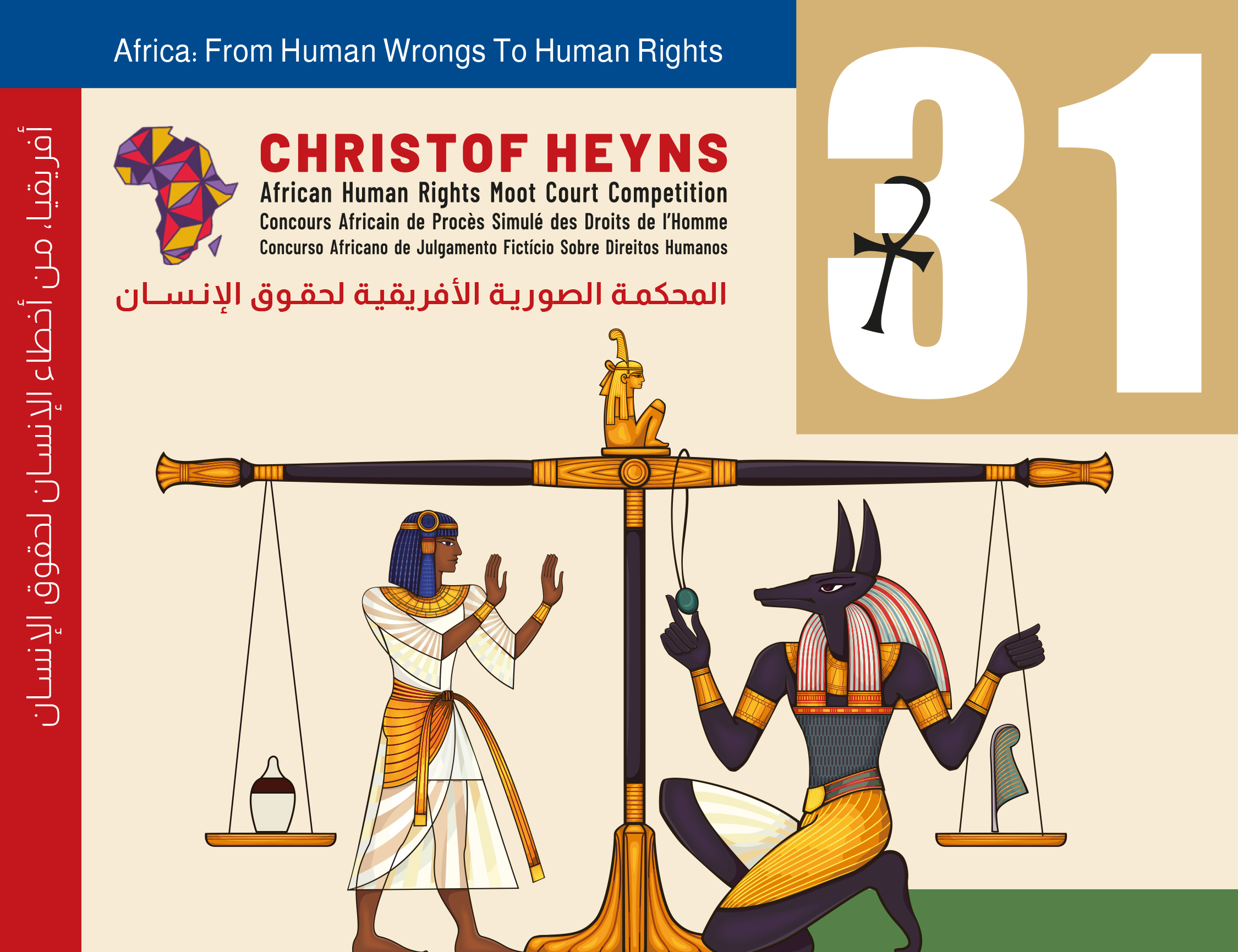The Centre for Human Rights, Faculty of Law, University of Pretoria, cordially invites you to a webinar organised by the Democracy and Civic Engagement Unit on participation of young people in elections and politics on the continent with a specific focus on Kenya, Zambia and South Africa. The webinar will interrogate the influences driving participation of young Africans informed by trends of most recent election cycles in the selected countries. This webinar aims to understand the trend towards declining youth participation and the influences driving this as well as garner lessons from instances where youth participation in elections has been robust.
Africa has the youngest population in the world, most countries on the continent have demographic structures that comprise a significant youthful bulge. As of 2021 the population of young people in Africa . This makes the young people in Africa an essential demographic in various areas on the Continent including politics, economics, agriculture, the extractive industry and many other sectors in which they will become key participants and contributors.
Date: 5 October 2022
Time: 11 AM – 13:00 PM (SAST)
Particularly relating to politics and governance; while young people are an important demographic and the largest component of most populations on the Continent, their participation and involvement in processes related to this is varied. Youth voter apathy and disillusionment with status quos in most countries is an emerging trend on the Continent, this is caused by various reasons including high rates of youth unemployment, and lack representation on issues affecting them by those in positions of power. Looking at the most recent cycle of elections held in Kenya, South Africa and Zambia, African youths are organising themselves for civic participation in different ways.
The 2021 election in Zambia led to the transition of power and a new dispensation, in which the participation of young people played a central role. The participation of young people in this election was noteworthy, with reports documenting that up to half of the registered voters were under the age of 35. Young people in Zambia were active participants in this election at all sectors of the process including taking up roles as activists, political candidates and within structures of political parties, working as polling agents and in relation to actual voter turnout. To this end we see the holistic participation of Zambian youth which had a bearing on the overall voter turnout in the 2021 election and as reports suggest, an impact on the outcome of the election.
In the local government elections of South Africa in 2021, there was a general decrease in voter turnout with the turnout at the polls being recorded as the lowest in the history of local government elections in South Africa. Youth voter registration for these elections was low with reports approximating that young people made up less than 20% of registered voters, this also had a bearing on youth voter turnout. However, contrary to the narrative that young South Africans are apathetic a trend that we see recurring in the nation is an affinity towards other forms of participation outside of formal political processes. South African youth organise themselves towards civic participation through social movements, protest action and other methods.
In the recently concluded August 2022 elections in Kenya, the nation recorded a 5.27% decrease in voter registration of young people in comparison with their registration in the 2017 election, the percentage of young people who registered to vote in 2022 was 39.84% and this had an impact on youth voter turnout. However, while the young people stayed away from the ballot, they were key actors in civic education and other activities related to the elections including working as polling agents and election observers, also proving contrary to the narrative that the youth are generally apathetic to politics.
Young people are an important demographic in Africa and their involvement in politics and governance through formal processes such as elections has a bearing on the quality of democracy on the Continent. It is important to promote participation of young people in elections in countries where young people are a large component of the population, as is the case in many countries on the Continent.
Against this background, and with a view to understanding the drivers behind the different participation patterns of young people in these selected countries and increasing participation of young people in elections on the Continent;
- The webinar aims to address the following key themes:
- The factors that influence participation of young people in elections in the various countries
- Youth perspectives on the credibility of elections as a form of political expression
- The role of the internet and social media in influencing perspectives of young about political participation particularly in relation to elections
- The role of civic education and engagement in ensuring participation of young people in elections
- Strategies to increase youth participation in upcoming elections and other formal political processes – Is this still a necessary conversation or has it become redundant
Panellists
- Mr Sphamandla Mhlongo
Senior Programmes Officer Democracy Development Program, South Africa - Ms Vuyokazi Futshane
Project Officer, Mining, extractives and climate justice, Oxfam South Africa - Ms Sylvia Katua
Project Officer Mzalendo Trust, Kenya - Mr Guess Nyirenda
Executive Director, Operation Young Vote, Zambia



